Plant-Based, Vegan & Vegetarian - What's the Difference?

If you haven’t seen the buzzword “plant-based” somewhere on your social media or news feed, I’m impressed. It’s being used everywhere from the diet sphere to the zero waste sphere. But what does it actually mean? Is it the same as “vegan”? What about “vegetarian”?
The cool thing about life is that we can define pieces of our lifestyle any way we see fit, but even if you do not consider yourself plant-based, vegetarian, or vegan, I do think it is important to understand the differences between these three diet choices.
Vegan
Veganism, according to The Vegan Society, is “a way of living which seeks to exclude, as far as is possible and practicable, all forms of exploitation of, and cruelty to, animals for food, clothing or any other purpose.”
Interestingly, the definition goes on to specify that all vegans eat a plant-based diet. In a moment, we’ll get into why I don’t fully agree with this statement, but for now, we’ll take this definition.
Vegetarian
According to The Vegetarian Society, a vegetarian is "someone who lives on a diet of grains, pulses, legumes, nuts, seeds, vegetables, fruits, fungi, algae, yeast and/or some other non-animal-based foods (e.g. salt) with, or without, dairy products, honey and/or eggs.”
Again, this sounds very plant-based, but not necessarily so.

Plant-Based
There are varying definitions of “plant-based” all across the internet, but I align most with Harvard’s definition.
“Plant-based or plant-forward eating patterns focus on foods primarily from plants. This includes not only fruits and vegetables, but also nuts, seeds, oils, whole grains, legumes, and beans. It doesn’t mean that you are vegetarian or vegan and never eat meat or dairy. Rather, you are proportionately choosing more of your foods from plant sources.”
So why the heck does this matter?
There are many reasons a person may choose to go vegan, vegetarian, or plant-based. One common reason is for animal rights or animal welfare (again, there’s a difference), or environmental reasons. These reasons are not unfounded.
According to the US Geological Survey, it takes about 1,840 gallons of water to produce one pound of beef, 500 gallons of water to produce one pound of chicken, and 50 gallons of water to produce one egg. When the world is currently experiencing a “water crisis,” these numbers are really impactful. And that’s just the water impact!
For others, the choice to change dietary preferences is based in health reasons.
At this point, the health benefits of eating whole foods and less meat are pretty undisputable. We may have evolved as omnivores, but in the developed world, we have drastically shifted towards a meat-forward diet, rather than our historically balanced, or plant-forward one.

So, again, why the heck does this matter?
About a year ago I watched the documentary Vegucated. It’s no longer on Netflix, but you can watch it for free on YouTube here, if you’re interested. It’s an hour and fifteen minutes long, and has a lot of information about the impacts of animal agriculture on the planet and the issues with factory farming, but there’s one thing that stood out to me more than anything else.
Each person featured in the documentary chose to take on the challenge of becoming vegan for six weeks because they wanted to lose weight and be healthy.
But what was the first thing the host did in the documentary?
She took the group to a grocery store to show them all of the foods on the shelves that are vegan that they might not have realized are vegan. This included things like Oreos, pie crusts, Teddy Grahams, and margarine. One of the participants literally said “I can stay fat!” and gave another a high-five.
Not all plant-based diets are vegan and not all vegan diets are plant-based. I can eat tater tots and Oreos all day every day and be vegan, or eat a diet of mac and cheese and be vegetarian.
Or, I can eat brown rice cooked in veggie stock made from fresh veggie scraps, tossed with heaps of chopped bell peppers, broccoli, carrots, and cabbage, and drizzled with soy sauce, and maybe throw in a little bit of chicken and be plant-based.
This is actually one of my favorite recipes (and I do make it sans-chicken). Check out my Pinterest board for lots of great low-waste and often meatless meal ideas.

I would like to note that these dietary preferences can and do overlap, and I am by no means saying that all vegans and vegetarians eat unhealthy all the time, or all plant-based people eat healthy all the time. Some of my favorite healthy recipes are vegan or vegetarian.
I would also never judge anyone else for their dietary preferences, or any other lifestyle preference. My intent here is to point out the differences between these terms and hopefully clear up some confusion surrounding them.
I consider myself plant-based. I love to eat my colors and try new recipes and vegetables. I enjoy finding new vegan and vegetarian recipes to try, or even converting some of my favorite recipes to be meatless. I have drastically reduced my meat and dairy consumption, and I continue to do so.
Find your definition for your life, explore what works for you, and rock it out. There’s no one answer. Just be the best sustainable you.
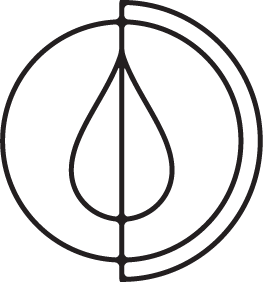
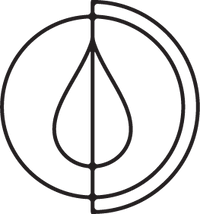
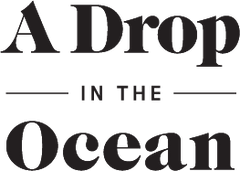


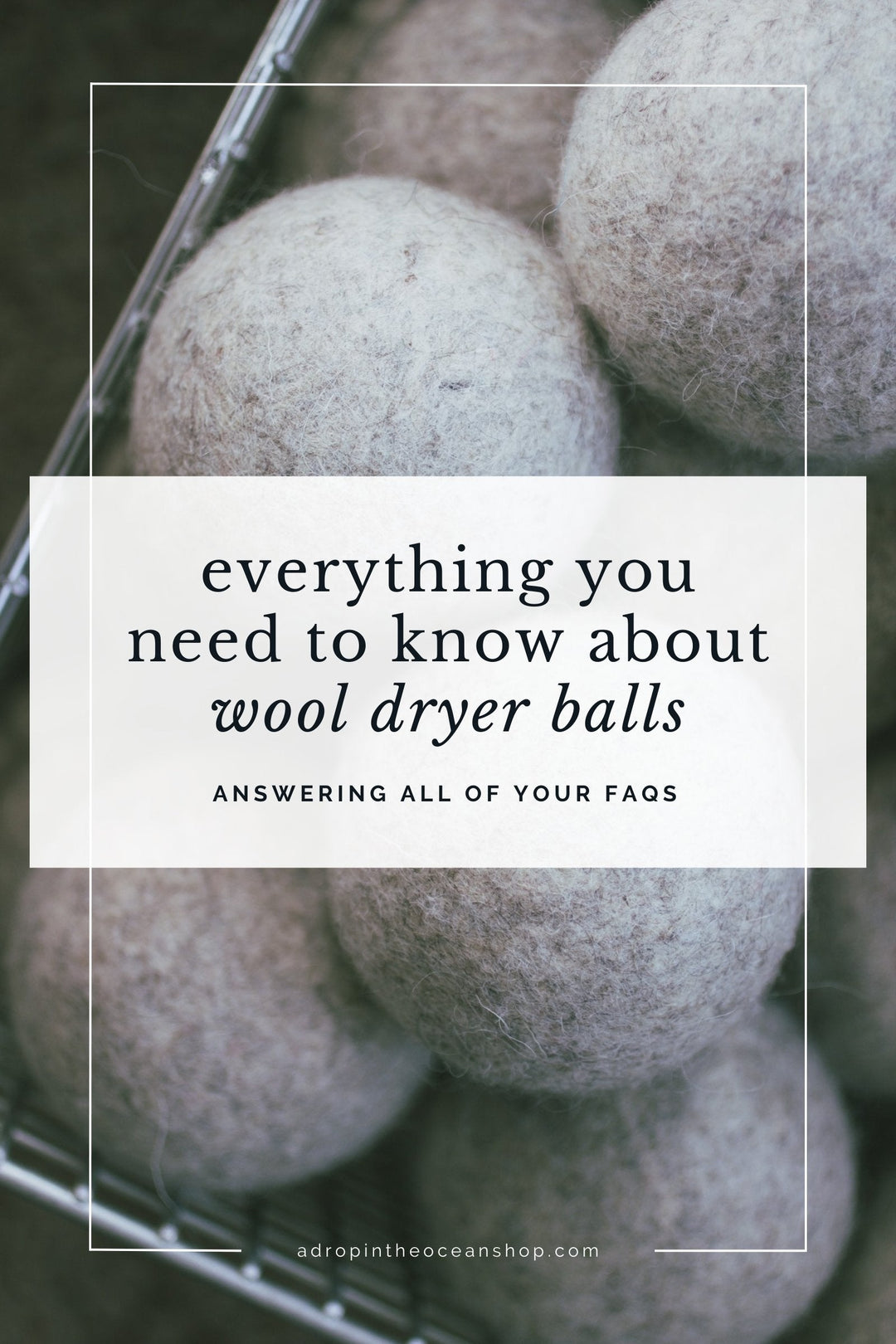
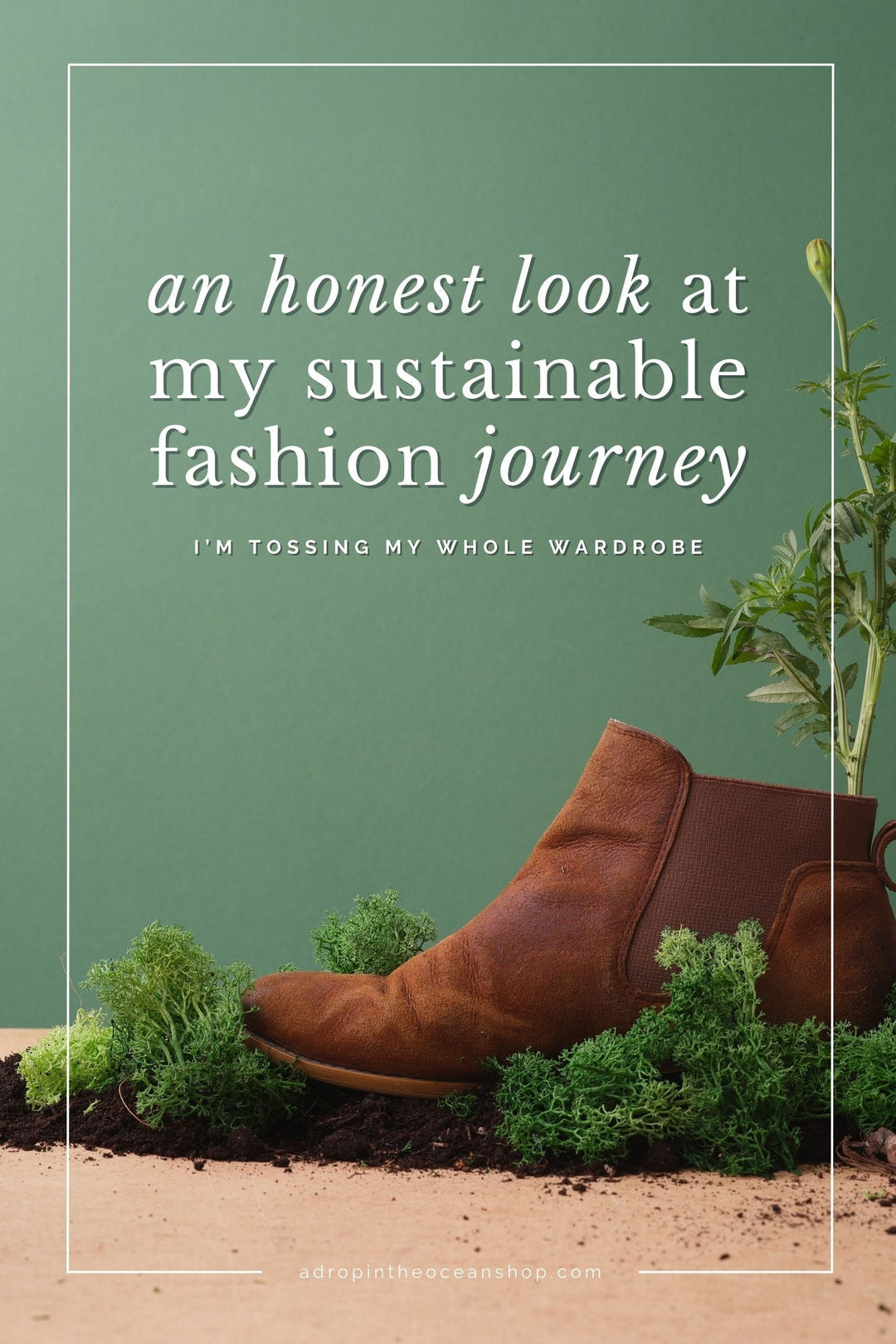
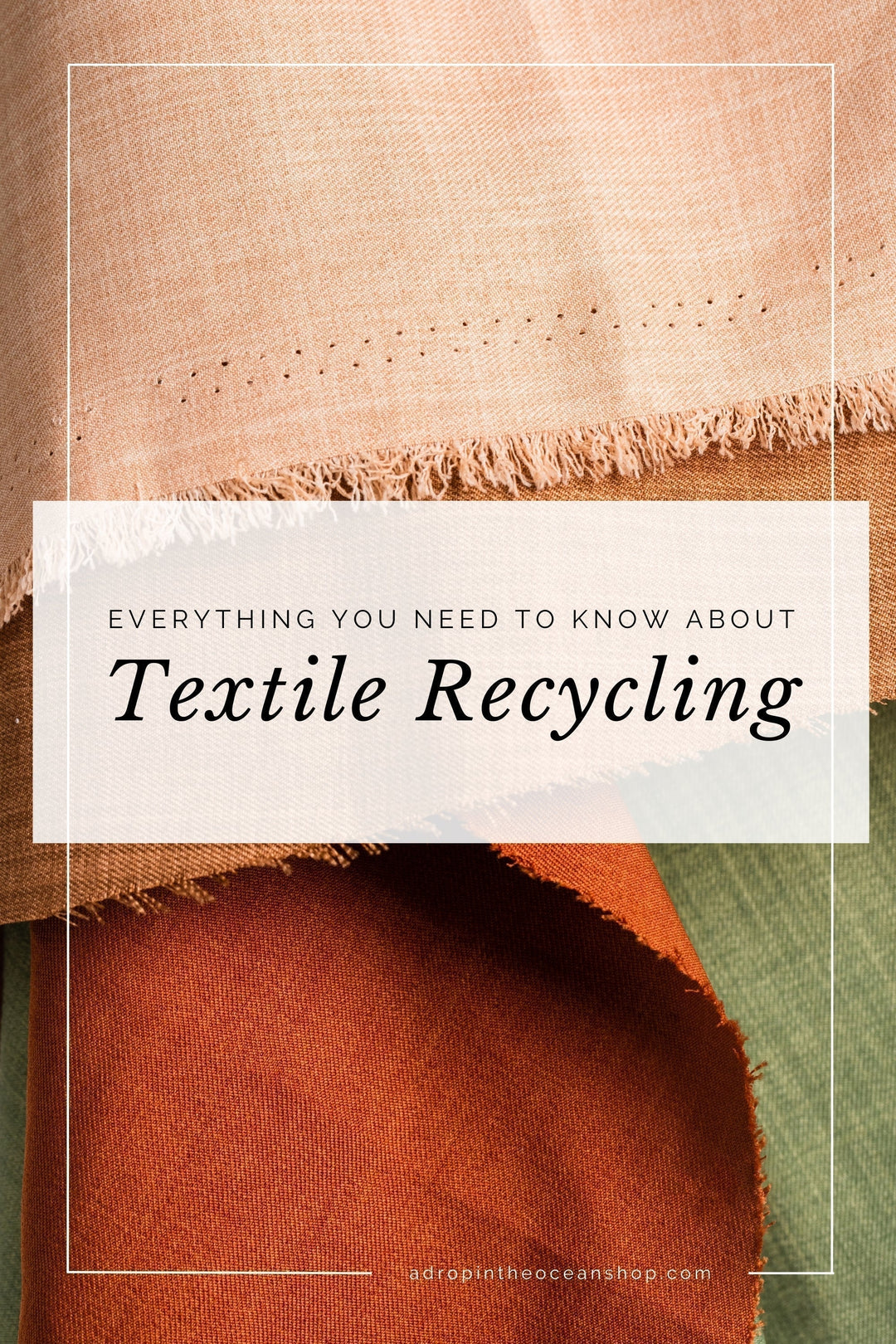
Such a wonderful initiative! The products and message behind ‘A Drop in the Ocean Shop’ are inspiring. It’s heartening to see a brand so dedicated to making a positive environmental impact. Keep up the great work.
Excellent breakdown of plant-based, vegan, and vegetarian diets! Your clear explanations make it easier to understand the differences and choose wisely.
Great blog! You clearly explain the differences between plant-based, vegan, and vegetarian diets, making it easy for readers to understand. Your insights on lifestyle choices are truly inspiring!
Great blog! The article effectively outlines the distinctions between plant-based, vegan, and vegetarian diets. It’s highly informative and easy to comprehend!
Leave a comment